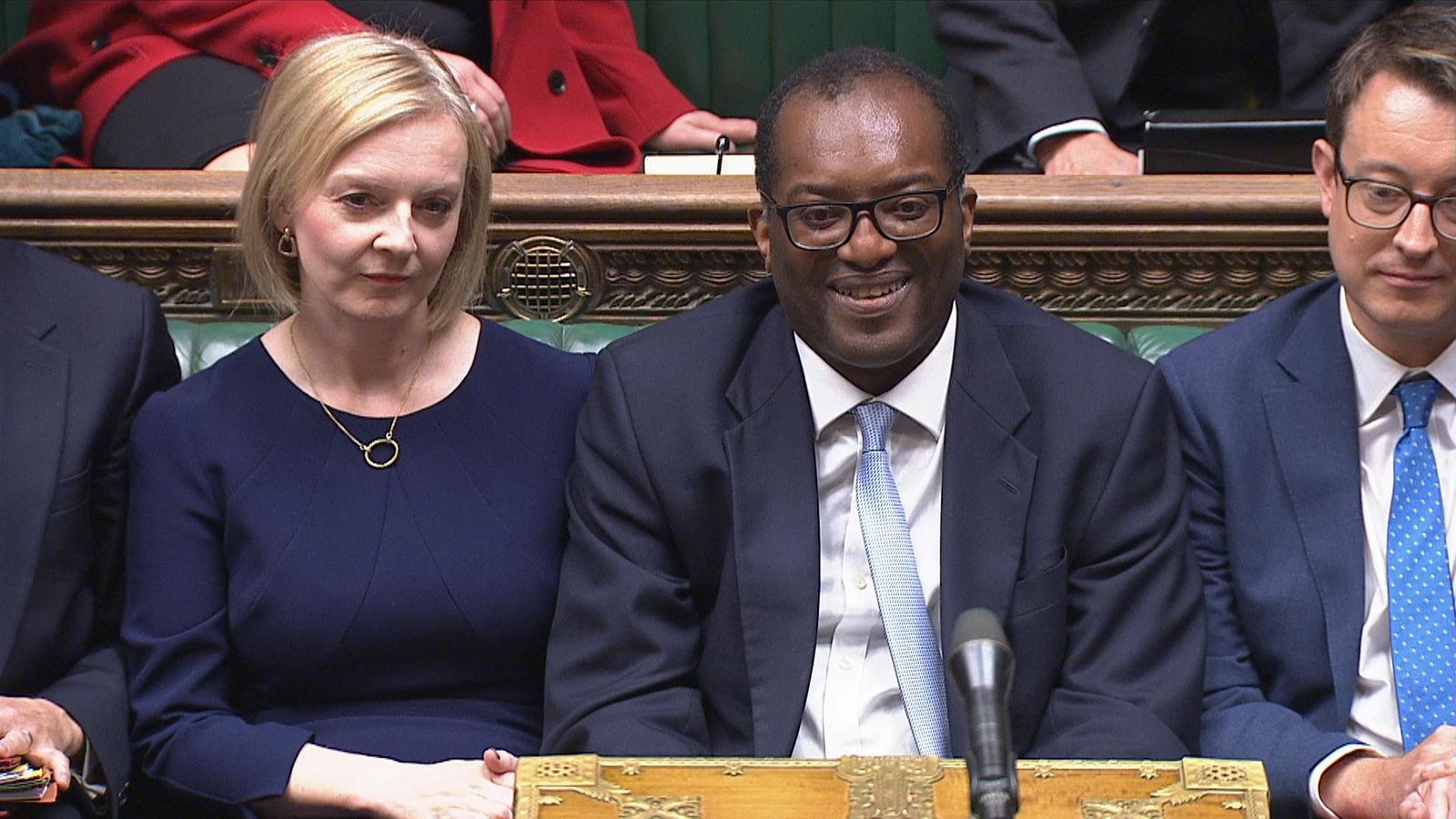The use of terms including “white privilege” may have contributed to the “neglect” of white working-class pupils in the education system, a Commons committee has found.
MPs on the Education Select Committee said schools must consider the implication of such “politically controversial terminology” and find “a better way to talk about racial disparities”.
A report by the committee agreed with the Commission on Race and Ethnic Disparities that the term “white privilege” can be “divisive” and said disadvantaged white pupils have been let down by “muddled” policy thinking.
It also accused the Department for Education (DfE) of failing to acknowledge the extent of the problem.
Conservative MP and chairman of the Education Select Committee Robert Halfon said white working-class pupils have been “led down and neglected” by the system “for decades”.
Accusing governments, including his own, of a “lack of attention” to the issue, Mr Halfon urged the Department for Education to “desperately” address the matter.
DfE said the government is focused on ensuring “no child is left behind”.
Among the recommendations put forward by MPs were the need for tailor-made funding at a local level and a focus on attracting good teachers to challenging areas.
Apprenticeships and vocational opportunities should also be more widely promoted, they said.
The committee found that 47% of white British pupils eligible for free school meals (FSM) – about 28,000 children – did not meet the expected standard of development at the end of the early years foundation stage in 2018/2019.
In 2019, just 17.7% of FSM-eligible white British pupils achieved at least a strong pass (grade 5 or above) in English and maths at GCSE, compared with 22.5% of all FSM-eligible pupils.
The committee found these disparities striking because white people are the ethnic majority in the country, yet FSM-eligible white British pupils are the largest disadvantaged group.
“If the government is serious about closing the overall attainment gap, then the problems faced by the biggest group of disadvantaged pupils can no longer be swept under the carpet,” Mr Halfon said.
“Never again should we lazily put the gap down to poverty alone, given that we know free school meal eligible pupils from other ethnic groups consistently outperform their white British peers.”
The Conservative MP added: “We also desperately need to move away from dealing with racial disparity by using divisive concepts like white privilege that pits one group against another. Disadvantaged white children feel anything but privileged when it comes to education.
“Privilege is the very opposite to what disadvantaged white children enjoy or benefit from in an education system which is now leaving far too many behind.”
A Department for Education spokesperson said: “This government is focused on levelling up opportunity so that no young person is left behind.
“That’s why we are providing the biggest uplift to school funding in a decade – £14 billion over three years – investing in early years education and targeting our ambitious recovery funding, worth £3 billion to date, to support disadvantaged pupils aged two to 19 with their attainment.”
Geoff Barton, general secretary of the Association of School and College Leaders (ASCL), said the committee’s debate on the term “white privilege” is unhelpful.
“We’re not quite sure why the committee has chosen to enter the debate about the widely discredited report from the Commission on Race and Ethnic Disparities, and the term ‘white privilege’,” he said.
“This does not seem helpful and is likely to divert attention from the rest of the report.
“Schools are well aware of their responsibilities and do a very good job in providing opportunities for discussion around issues in a sensitive, balanced and measured way.”





